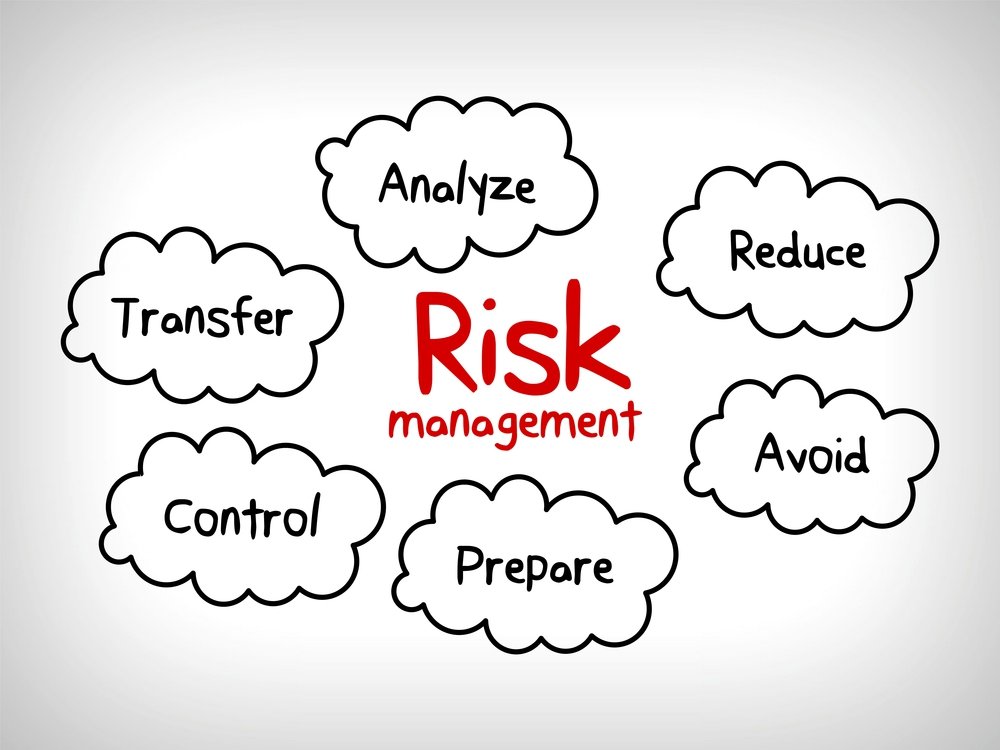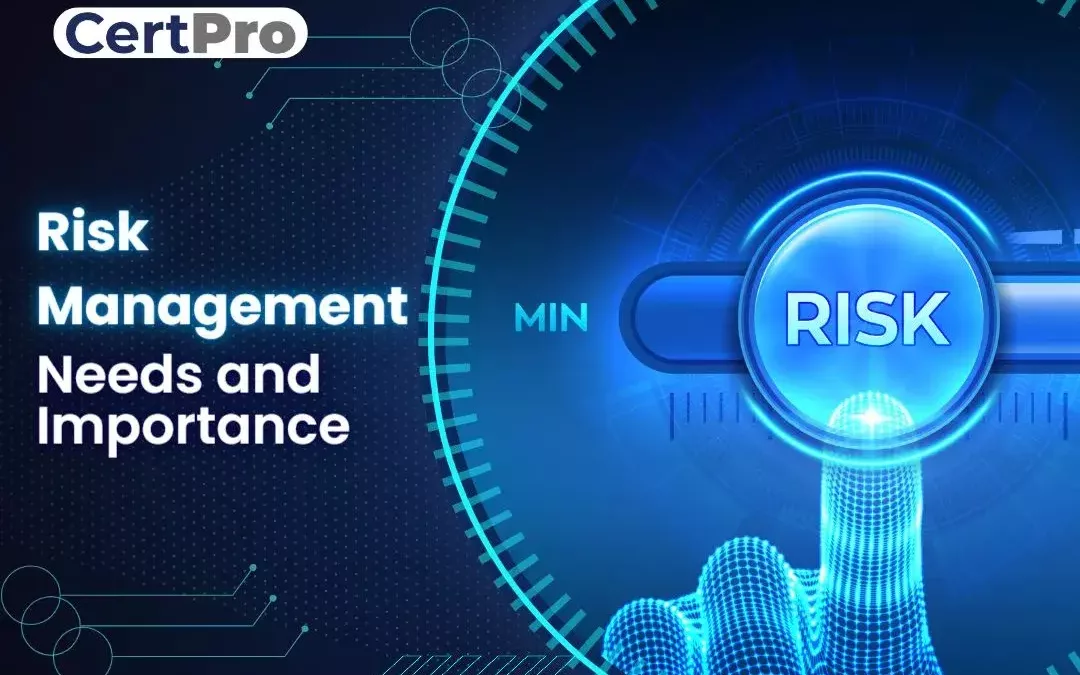Why Organizations Should Focus on the Importance of Risk Management Now More Than Ever
Why Organizations Should Focus on the Importance of Risk Management Now More Than Ever
Blog Article
Exploring the Relevance of Risk Management for Effective Decision-Making Methods
In the complex world of business, Risk Management arises as an important consider the decision-making process. The capability to determine possible threats and chances, and plan appropriately, can mean the difference in between success and failure. With devices such as SWOT and PESTEL, companies are outfitted to make informed options, fostering durability and flexibility in an ever-changing atmosphere. Wondering exactly how this functions? Let's unload the dynamics additionally.
Understanding the Principle of Risk Management
Risk Management, an essential element in decision-making, is commonly misunderstood or oversimplified. Usually, it describes the recognition, assessment, and prioritization of threats to lessen, monitor, and regulate the possibility or influence of regrettable occasions. Nonetheless, it's not simply regarding stopping adverse results, yet additionally regarding acknowledging possible opportunities. Risk Management includes disciplined and organized strategies, making use of information and insightful assessments. It requires a detailed understanding of the organization's context, purposes, and the possible dangers that can prevent them. From financial uncertainties, lawful responsibilities, tactical Management mistakes, to mishaps and natural catastrophes, it deals with various threats. Significantly, effective Risk Management is not stagnant; it's a constant, positive procedure that develops with transforming conditions.
The Duty of Risk Management in Decision-Making Processes
In the realm of tactical planning and organization procedures, Risk Management plays an important role in decision-making procedures. Risk Management hence ends up being an important tool in decision-making, aiding leaders to make educated choices based on a comprehensive understanding of the threats entailed. Risk Management offers as an important part in the decision-making procedures of any company.

Just How Risk Management Improves Strategic Planning
In the context of critical preparation, Risk Management plays a crucial function. Initiating with the recognition of possible risks, it further prolongs to the implementation of Risk reduction actions. The role of Risk Management is dynamic yet not static, as it requires constant surveillance and adjusting of strategies.
Recognizing Potential Threats

Applying Risk Reduction
Risk mitigation strategies can vary from Risk avoidance, Risk transfer, to run the risk of decrease. Each strategy Find Out More needs to be tailored to the details Risk, considering its possible impact and the company's Risk tolerance. Reliable Risk reduction needs a deep understanding of the Risk landscape and the prospective influence of each Risk.
Surveillance and Adjusting Methods
Though Risk reduction is a crucial action in tactical preparation, continual tracking and change of these recommended you read techniques is similarly important. This continuous process permits organizations to determine brand-new risks and reassess existing ones, making sure the applied techniques stay reliable in the ever-changing business environment. It likewise supplies an opportunity to assess the success of the Risk Management procedures, permitting adjustments to be made where required, more enhancing calculated preparation. Reliable surveillance and adjustment require making use of analytics and crucial efficiency indications (KPIs) to determine effectiveness. These tools offer useful data-driven understandings that can notify critical decision-making. Surveillance and adjusting Risk Management methods is an important part for enhancing an organization's durability and tactical planning.
Situation Researches: Successful Risk Management and Decision-Making
In the globe of business and money, successful Risk Management and read what he said decision-making frequently offer as the columns of thriving business. These situations highlight the value of sharp Risk Management in decision-making processes. These cases underscore the vital role of Risk Management in critical decision-making.
Tools and Strategies for Efficient Risk Management
Browsing the elaborate labyrinth of Risk Management calls for the best collection of methods and devices. These devices, such as Risk signs up and warmth maps, help in recognizing and analyzing prospective risks. Methods consist of both measurable methods, like level of sensitivity evaluation, and qualitative approaches, such as SWOT analysis. These aid in prioritizing dangers based on their possible impact and likelihood. Risk feedback strategies, an essential component of Risk Management, include approving, staying clear of, moving, or mitigating threats. Surveillance and controlling risks, through regular audits and evaluations, make certain that the approaches remain effective. With these tools and techniques, decision-makers can browse the facility landscape of Risk Management, consequently promoting educated and reliable decision-making.
Future Fads in Risk Management and Decision-Making Approaches
As we explore the large landscape of Risk Management, it becomes obvious that the strategies and tools utilized today will certainly proceed to advance. The concept of Risk society, where every participant of a company is aware and involved in Risk Management, will certainly get more prominence. These trends herald a more comprehensive and aggressive strategy in the direction of Risk Management and decision-making.
Conclusion
Risk Management thus becomes a vital device in decision-making, assisting leaders to make educated choices based on a thorough understanding of the dangers involved. Risk mitigation strategies can vary from Risk evasion, Risk transfer, to run the risk of decrease (importance of risk management). Efficient Risk reduction requires a deep understanding of the Risk landscape and the prospective impact of each Risk. Risk action techniques, a vital element of Risk Management, involve approving, avoiding, moving, or mitigating risks. The principle of Risk society, where every member of a company is aware and entailed in Risk Management, will obtain much more prominence
Report this page